VPN or Virtual Private Networks are a great way to surf the net while enjoying complete anonymity. Once you have a VPN, no prying eyes can surpass or have any access to your web activity. You can bypass geo-restricted web content with the utmost freedom. A VPN is a must-have. In this blog, we’ll delve into an aspect that has been bothering users which is what to do if VPN slows down your internet speed?
Let’s begin with the choice of VPN. A good VPN would hardly fail to deliver excellent speed and high security. We’ve compiled a list of some of the best VPNs that you can have. And, for this blog, let’s pick Systweak VPN which can indeed be a wise pick if you are looking for a reliable, secure and fast VPN.
Here’s a comprehensive review of Systweak VPN.

How To Increase VPN Speed Using A VPN?
Listed below are some of the reasons why your VPN is slowing down internet speed and what can be done to increase internet speed:
|
1. Change Encryption Protocols 2. Choose A Better Server Location 3. Restart Your Device Or Router 4. Check Your Computer’s Firewall And Antivirus |
1. Change Encryption Protocols
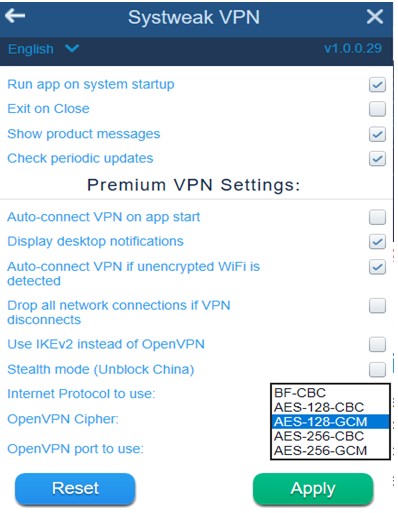
In simple terms, to encrypt your connection and make it safer, a VPN service offers you some encryption protocols. While they make your connection secure, they even take up a considerable amount of bandwidth too. The more sophisticated or fancier the protocol, the higher bandwidth it would use.
You can choose a protocol which offers decent security and at the same time delivers acceptable speed. For instance, out of the PPTP, L2TP and OpenVPN protocols offered, you can choose OpenVPN. With Systweak VPN, you further have the option to select encryption level (Cipher as well as port).
2. Choose A Better Server Location
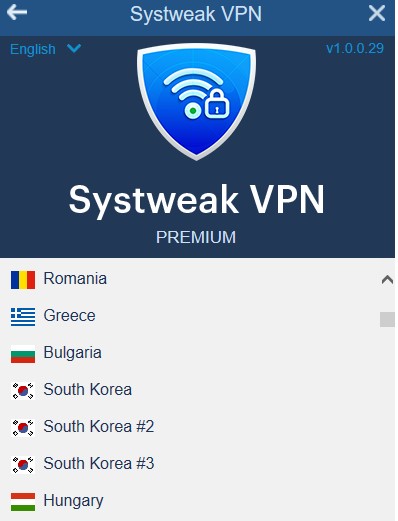
As a rule of thumb, try choosing a server which is closer to your geographical location. That’s because the closer the server to your location, the less are the chances of losing bandwidth. Most VPNs automatically help you choose the fastest server, which means they will select a site which is either nearer to you geographically or nearer to your country.
3. Restart Your Device Or Router
Since a VPN uses sophisticated encryption protocols, it is quite likely that there is a conflict between encryption protocols and your computer or device’s operating system. A simple software snag might be the reason why your VPN is slowing down your internet. As a simple fix, you can try restarting your computer/ tablet/ smartphone. You could try restarting your router and then connecting to your VPN once again.
4. Check Your Computer’s Firewall And Antivirus
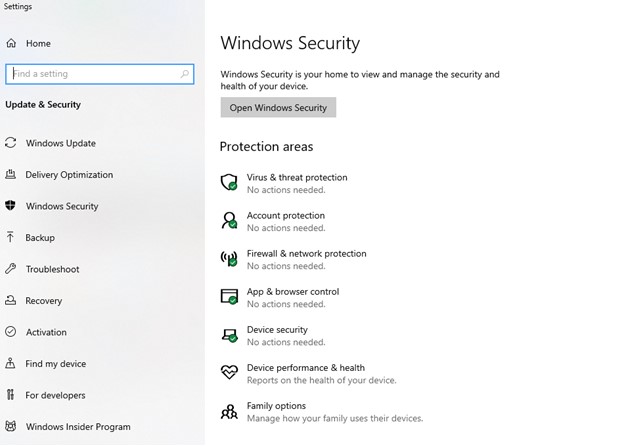
If your VPN is slowing down your internet speed, maybe it is not the VPN itself but the firewall or antivirus which is installed in your PC. Does this mean you should uninstall the antivirus program or firewall? No! And it is not even recommended as by doing that you would leave your computer vulnerable to adware, ransomware, malware and all kinds of virus attacks.
First thing’s first, why does at times antivirus or firewall conflict with the speed of the VPN? Since an antivirus program or firewall frequently checks your VPN data packets for security issues, it may, in turn, slow its speed.
So, if not uninstalling or disabling the antivirus program, how can I get better speed from my VPN? All major antivirus programs allow you to create special exceptions where you can tell it to bypass the scan and voila! You won’t see a dip in your VPN’s speed.
5. Ditch Wi-Fi For A While And Go Wired For A While
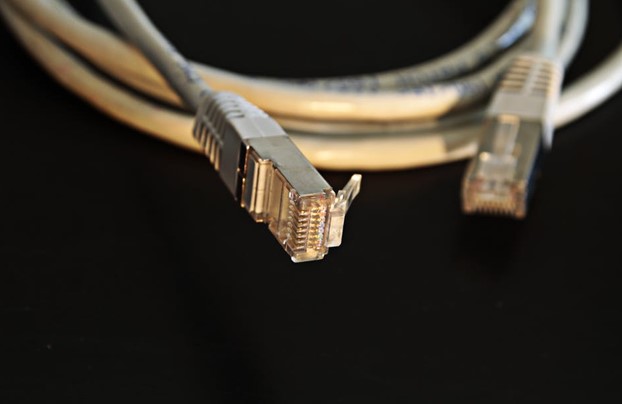
The speed of your VPN depends on your Wi-Fi signal as well. So, if your VPN slows down your internet, probably your Wi-Fi signal is to be blamed. So to let go of Wi-Fi or not (at least when using a VPN) that is the question!
Going by the headline, you might gasp – in this day and age, how can someone live without Wi-Fi? After all, you can enjoy high internet speed and flexibly surf the internet wherever and whenever you want to, right? For the comfort part, we have no grouse, but for speed, maybe. Again, we are not complaining about all Wi-Fi providers. But on a general note, there are so many objects that can create hindrance in your VPN’s speed. For instance, the structural components of your building.
Here are two things you can do – you can use an ethernet cable, if the ports are available or if you are hellbent on using Wi-Fi, no worries, try moving closer to the router instead.
6. As a Last Resort, Reinstall Your VPN
There could be a slight glitch leading to a dip in speed. In that case, you can try reinstalling the VPN once again. Although in case of a reliable VPN like Systweak VPN, it is quite unlikely that you might see a dip in internet speed.
Frequently Asked Questions
Does Using A VPN Slow Down Your Internet?
The answer is very rarely. There are several factors because of which you might be witnessing a slump in your internet speed and not because of VPN alone. These include – the server you have chosen, your CPU strength, the security protocol used by your VPN amongst several others.
How To Check If VPN Is Slowing Down Your Internet Speed?
That’s a very valid question. You may want to check if the dip in your internet speed is because of the VPN or your Wi-Fi signal. First, switch off the VPN and surf the internet using your existing ISP (Internet Service Provider). Run a speed test and note it down. Now, turn on your VPN, surf the internet and again run a speed test. If the dip in speed is due to your ISP, for instance, if you are getting 45 Mbps instead of the promised 100 Mbps, your ISP is throttling speed.
And, if the downfall in speed is because of the VPN, then you can refer to the points above and make changes.
How To Increase Internet Speed Using a VPN?
Suppose your internet speed slows down after connecting to the VPN. In that case, you can try one of the hacks mentioned above, such as changing the server to a near geographical location or choosing an appropriate security protocol, etc.
Follow us on social media – Facebook and YouTube. For any queries or suggestions, please let us know in the comments section below.













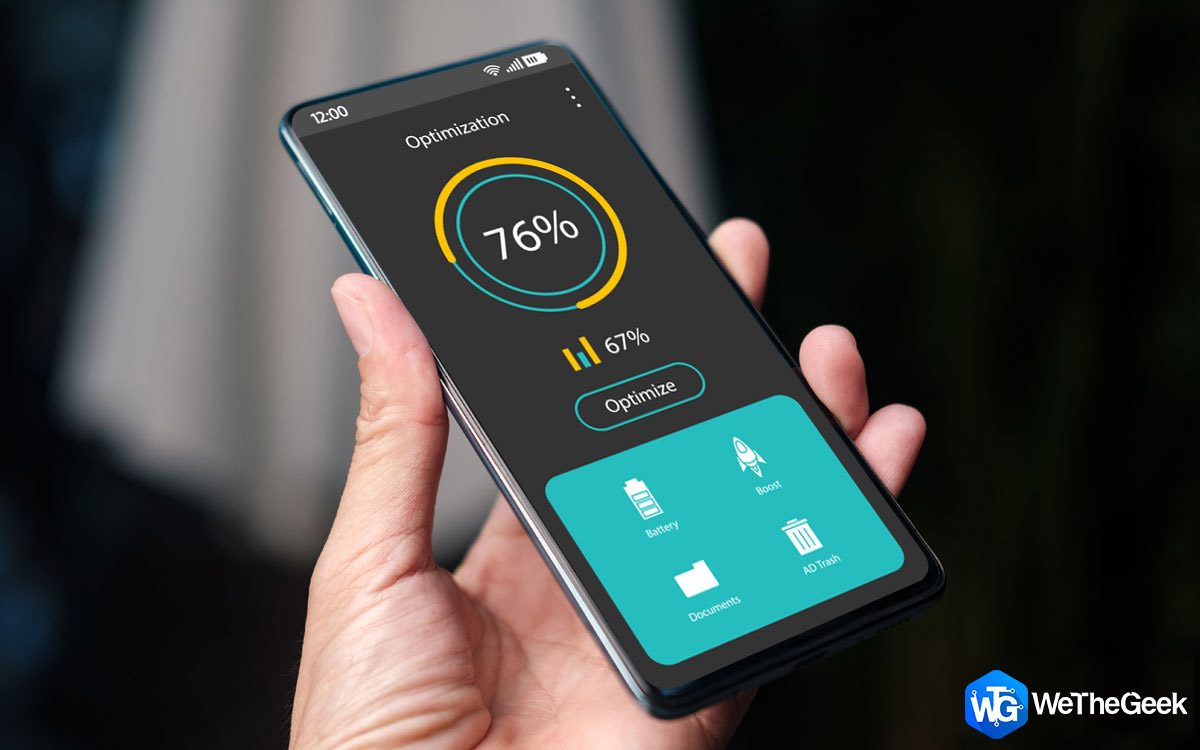

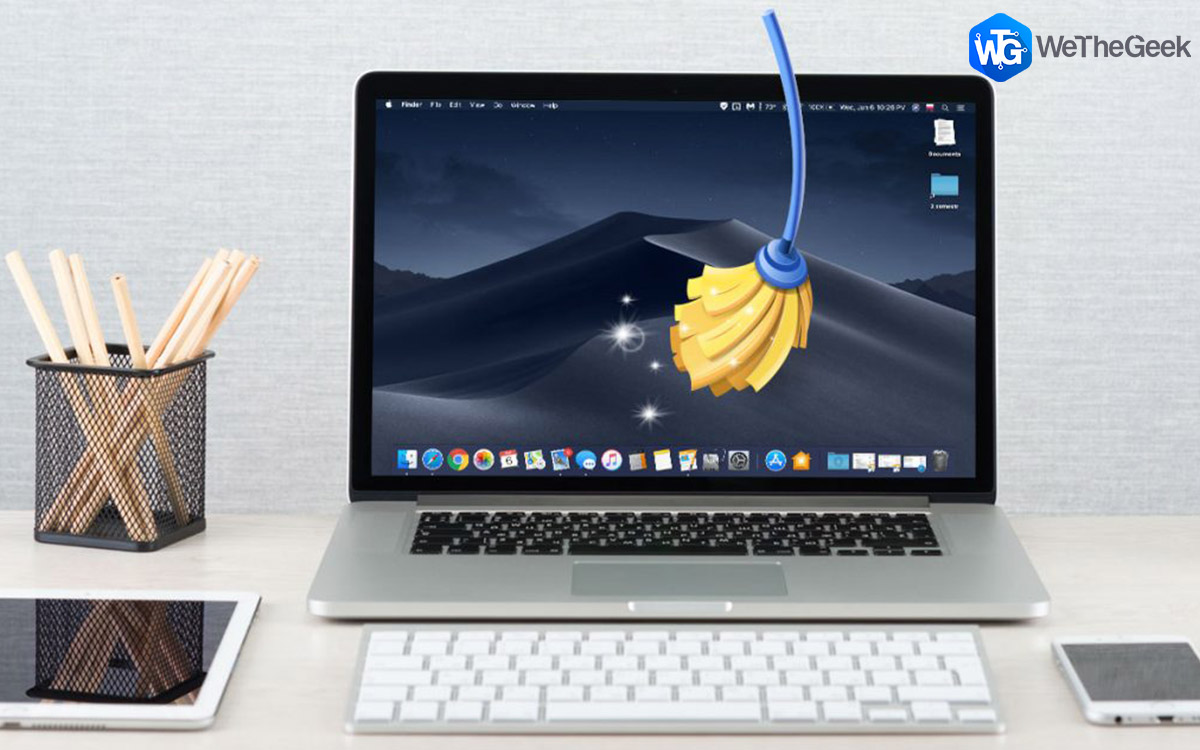

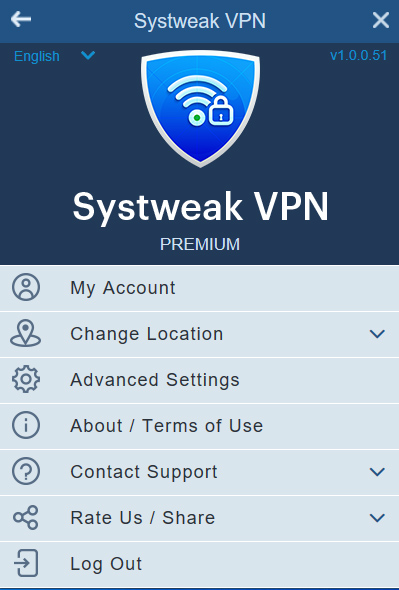
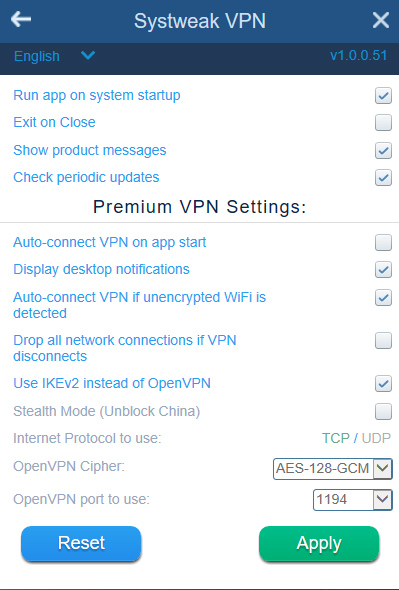

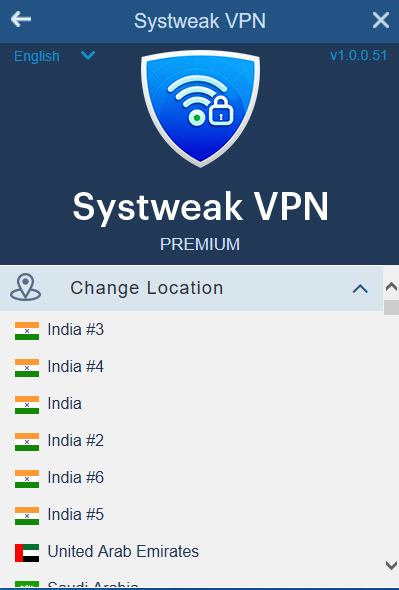



 Subscribe Now & Never Miss The Latest Tech Updates!
Subscribe Now & Never Miss The Latest Tech Updates!
Responses